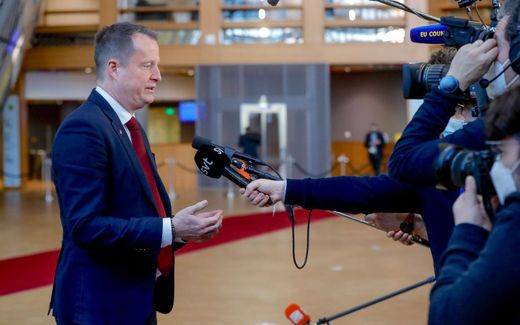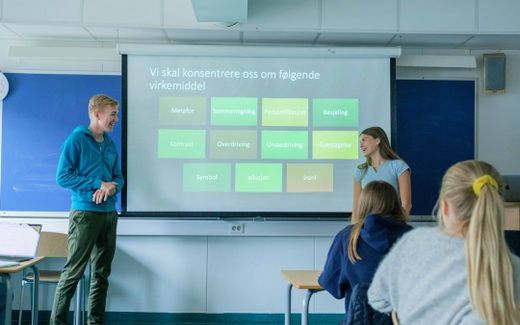Swedish government under scrutiny for new grant legislation

beeld Unsplash
Northern Europe
The Swedish government wants to make it more difficult for "non-democratic" groups to receive grants. Swedish Christians are critical of the proposal, despite the government saying that they will take their critiques into account.
The purpose of these new conditions for state grants is to make it possible to reject subsidies for communities that "oppose the democratic system of government" or "violate the principle of equal value for all people". This could also include religious communities.
Critics of the legislation proposal fear that communities will lose grants when one person misbehaves himself. And it is not only the contribution from the state that disappears. The new rules will also apply to congregations entitled to so-called state fee assistance - the possibility of letting members pay church fees via the tax slip. They lose the opportunity to, with help from the Swedish Tax Agency, collect church fees that members allow to be deducted directly from their salary.
Ingemar Forss, mission director of the Evangelical Free Church, is critical of the fact that the government wants the new rules also to include state fee assistance. He says so to the Christian Swedish daily Dagen. "This means that the state potentially makes it more difficult for people to choose for themselves what they want to do with their salary. Then I think the state goes too far in exercising power."
Daniel Alm, director of Pentecost FFS, is also critical that compliance with the new rules will be a prerequisite for individuals to pay church dues together with taxes. "Contributions from the state are one thing, and voluntary church fees from the members are another. It is part of our fundraising activities. I do not understand why the government can not distinguish between apples and pears. It is both serious and unnecessary."
European convention
In a reaction, the Swedish Minister of Culture, Jeanette Gustafsdotter, says that state support should not go to organizations "whose activities are contrary to society's fundamental values".
Gustafsdotter also says that the government has taken into account the European Convention's protection of religious communities' independence and inner life. "In light of the religious communities' right to autonomy, religious communities are allowed, following their religious teachings, to freely choose which persons are to represent the core religious activities, even if the election involves discrimination against, for example, women or homosexuals, without being excluded from state support." She further states that "Of a religious community that wants state support, however, it must be possible to demand that the religious community take action and not passively accept that its congregations, for example, use violence or oppose the democratic system of government."
Related Articles






